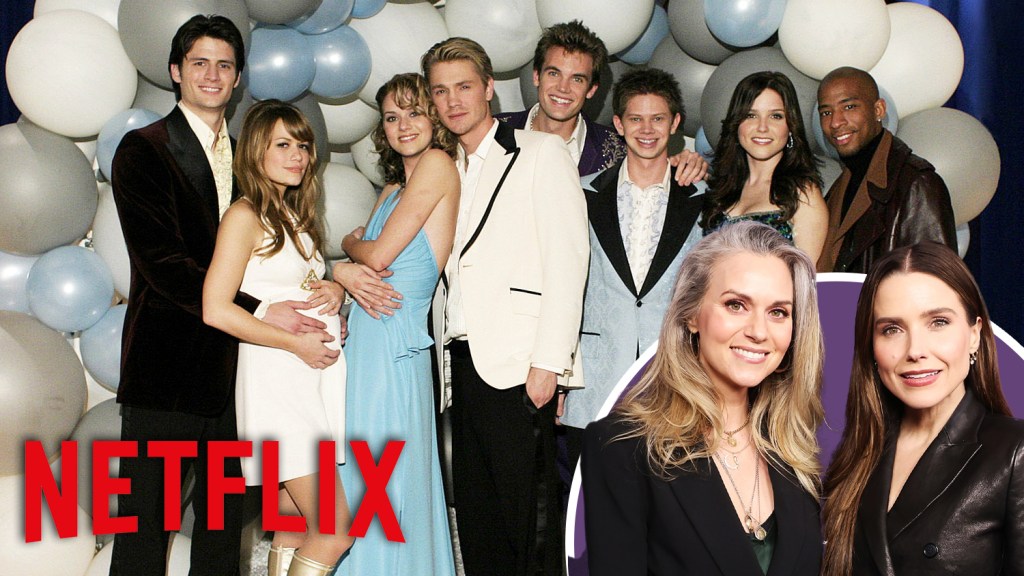Strictly's Dark Side: Abuse Allegations Cast Shadow on Show's Glitter

The recent allegations of abuse on the set of Strictly Come Dancing have cast a shadow over the beloved show's glitzy facade. Former contestant Rev Richard Coles, who appeared on the show in 2017, described it as "a wonderful show with a dark heart," acknowledging the hidden intensity of the competition.
The allegations emerged following the departure of professional dancer Graziano Di Prima, who was axed after reports of verbal and physical abuse towards his dance partner, Zara McDermott. This incident followed the suspension of another professional, Giovanni Pernice, over similar claims, which he denies.
Coles, who had a positive experience on the show, revealed that many contestants and professionals were not surprised by the allegations. He expressed concern that such behavior has been a known issue, but only recently brought to light. "I think everyoneâs just concerned to see that appropriate measures are put in to mitigate it," he said.
Following these accusations, the BBC has announced "additional steps to strengthen welfare and support" on the show, particularly during training and rehearsals. These measures include a dedicated production team member present during all training sessions, as well as celebrity and professional dancer welfare producers.
McDermott, who had previously hesitated to speak out due to fear of public backlash and victim shaming, has stated that there are videos of "particular incidents" inside the training room, which are "incredibly distressing" to watch.
Di Prima, in his statement announcing his departure, acknowledged his intense desire to win might have negatively impacted his training methods. He expressed respect for the BBC's HR process and stated that stepping away was in the best interest of the show.
Coles, while acknowledging the "extremely competitive" nature of professional ballroom and Latin dancing, emphasized the need for a more supportive environment for contestants. "These dancers have been doing it literally since they were children," he said. "Itâs unsentimental, itâs brutal, and they work in regimes which are impossibly disciplined⦠So often itâs a bit of a culture shock for people coming into it."
Esther Rantzen, another former contestant, questioned why such complaints took so long to surface. She suggested the show's iconic status may have created an environment of silence, fearing repercussions against those who spoke out. "I think itâs become a sacred cow," she said. "I think itâs become an iconic programme and I think everybody has inflated it beyond its worth."
The recent allegations have sparked a critical examination of the culture behind Strictly Come Dancing, prompting the BBC to take concrete steps towards improving contestant welfare. However, the question remains - how deeply ingrained are these issues in the show's competitive culture, and will these new measures be enough to guarantee a safe and respectful environment for all involved?





